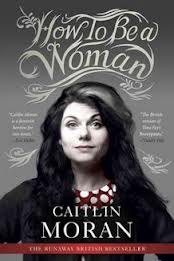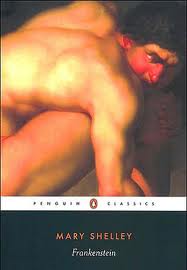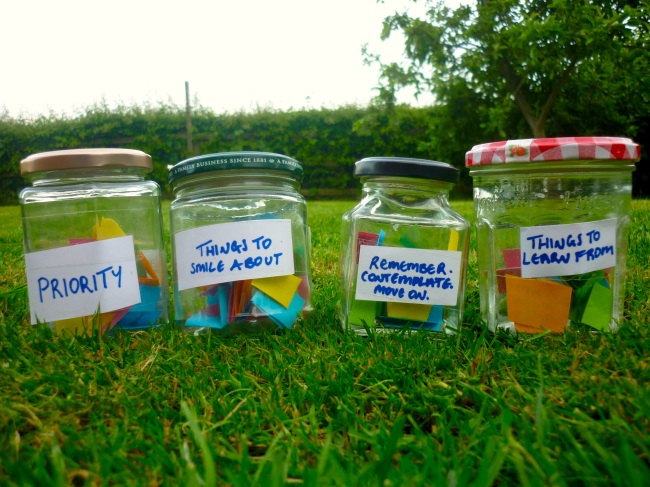As a regular teen I love to avoid my workload, which often means scrolling through websites purveying pictures of cats in clothes among a multitude of other hilarities for hours on end completely by accident. Today, I stumbled across this:

Observe this graphic. If, by any chance, you are in possession of a penis, you will most likely find yourself smirking away and murmuring phrases of amused agreement under your breath, though still probably suspicious that a strident feminist is hiding somewhere in your bedroom, poised to leap out at you and make you the receiver of a hefty slap with a rubbery dildo. Women may find this equally funny, either out of incredulousness or sympathy, but I would like you to know that I FOR ONE am NOT BEST PLEASED.
And I’ll tell you for why.
I’m fairly certain that most people would agree that generalisation, or indeed ‘stereotyping’, is negative in most cases, since it removes scope for personal identity and any kind of morsel of food for thought. When one generalises, one applies a general identity which condemns a group to sameness, to circularity. Internet, are you really telling me ALL men are reasonable, whereas ALL women aren’t? Imagine you’re sat in a bus shelter, you’ve picked up your coffee from the place around the corner with your name scrawled haphazardly on the side of the cup and while your nose is determinedly shoved into The Guardian, a fellow being approaches, occupies the seat next to you, turns and says: “Muslims. Bunch of bloody terrorists. All of them.”
Now imagine the scenario again. This time, our hideously prejudiced friend’s piece of insight is: “Feminists. Bunch of bloody supremacists. All of them.”
I’d like to think that everyone would find the first comment totally ignorant, unacceptable and inciteful of a disgusting tendency towards race-hatred that should be punished. I’d love to think that everyone thought that the second comment, too, was ignorant, foully sexist and born of a complete misunderstanding of and contempt for the term ‘feminism.’ The same principle of generalisation has been applied to both groups: in both cases I’ve gathered together evidence of the existence a few extremists, scrawled it on a metaphorical post-it and fixed it to the back of every single follower of the respective ideology. And it seems to me that most would consider the first as hideous abuse; the second, a bit of a laugh.
Internet culture seems to have bred a new type of feminism, a type which portrays every feminist as one who wants to go above and beyond the boundaries of equality – a radical feminist. It’s true of a tiny minority, but not of the whole. And in my experience, most people, whether they profess to be a feminist or not, consider the desire for female supremacy as totally skewed and against the principles of feminism itself.

Please. If I saw this crazy specimen, I’d be all like “Gurl, if we, as a race of men and women, want equality, we don’t hit anybody. Or we hit everybody.”
Essentially it’s become a taboo, littered with negative connotations and I guarantee that if I were to stride flamboyantly into that same bus shelter, tap you briskly on the shoulder and say: “Whaddup, I’m a feminist”, I would not be taken seriously by you. Partly because of the context. And my manner of addressing you. But the point remains: it’s become this aggressive, accusatory title, making people recoil because it highlights the fact that us girls still don’t always feel on a par with the blokes. It’s even used as a form of insult. Belittled and undermined by a hip new meme trend – how can feminism contend with the power of the Internet?
Cue Caitlin.

Gather round. This woman is without a doubt, indisputably and undeniably fabulous. She even has deliberate grey streaks in her hair. Do one, Garnier, this fine woman doesn’t need to conceal her age, it only further accentuates her worldly wisdom. Moran argues that although there are still enormous issues such as equal pay and forced female circumcision in the Third World (this is where young girls are taken off to some sordid little tin shack to have their clitorus promptly sliced off with rusty tools without the use of anaesthetic in order that they get no pleasure out of sex, in the hope that affairs become a futility. Grim stuff.), there are “littler, stupider, more obvious day-to-day problems with being a woman”, silly little expectations like:
Thou shalt shave thy pubic hair. This is not a myth: On asking my male and female peers, and generating a great sense of unease amongst them, a vast majority revealed that they were very uncomfortable with female body hair, foof-related or not. One young man even righteously claimed that a unbeshaven vagina was “unnatural”. Incorrect. And unbeshaven vagina is a wonderful thing. It is a sign of maturity, adult development and even some form of hairy identity which means one hasn’t conformed to the vast array of bald pornography published to the Internet. I even decided it would be prudent to embarrass some my male counterparts further, by asking if they kept their private parts, armpits and legs trimmed and shaved? The answer was universally a scornful snort, and “no way.”
Of course, “mowing the lawn” is entirely a choice, but I think it’s important to examine the expectation that a woman’s foof should resemble a naked mole rat.
The way I see it, feminism is fundamentally in place to combat sexism. I don’t think anyone would deny the existence of that. And yes, double standards, sexism works both ways. So why can’t feminism? It’s all about equality for both sexes, it is not an attack designed to point out the faults and flaws in the entire male race; if it is ever used in this way, it is a gross misrepresentation. Chaps, don’t be frightened of the word because its prefix is “femin”. It doesn’t make it a girl thing. If you separate the two syllables of “history”, you get “his story”: much of it was written and made by men, but it’s not a boy thing; an awful lot has also been made by us chicks. So let’s share it. As Caitlin says: “A male feminist is one of the most glorious end-products of evolution.” And you don’t have to let us drag you on bra-burning expeditions (nobody does that anyway, I LOVE my bras), you don’t have to open doors ‘because we’re women’ (we open those doors for EVERYONE because it’s polite), all we have to do is respect each other, really.








